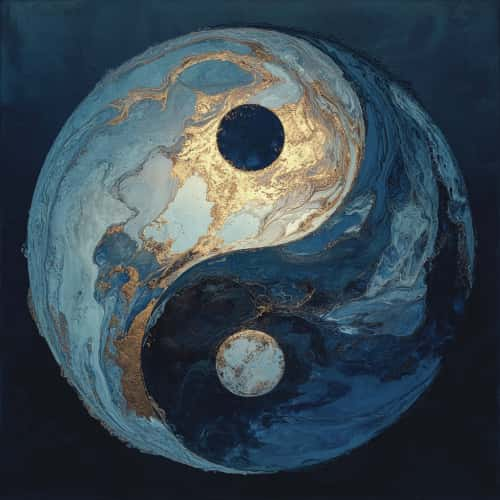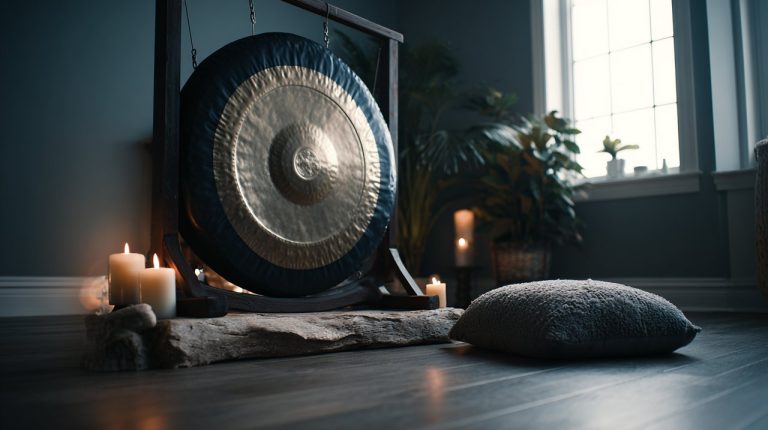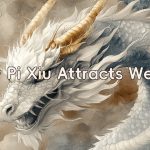What is Feng Shui: Ancient Art of Harmonious Living
Many people see Feng Shui as something mysterious, full of superstition or rigid rules. But what if I told you it’s actually a deeply logical system, much like how an architect designs a building or a city planner lays out a town? At its heart, Feng Shui is about optimizing the flow of energy in a space. It’s a practical method to create environments that genuinely support your goals and well-being, rather than leaving things to chance. It’s less about magic and more about smart design.
Feng Shui: Unpacking the Concept and Its Origins
Defining Feng Shui
The term Feng Shui literally translates to ‘wind’ and ‘water.’ It’s an ancient Chinese art and science that explores how the arrangement of objects and the flow of energy in our surroundings impact our lives. Think of it as an ecological approach to space: every element interacts, influencing the overall balance. Just as a well-designed building maximizes natural light and ventilation, Feng Shui aims to maximize beneficial energy. It’s all about creating an environment that works with you.
Its Fascinating Historical Roots
Feng Shui principles emerged over 3,000 years ago. Initially, they were used for choosing the best sites for graves, but soon expanded to designing homes and even entire cities. Early practitioners weren’t relying on guesswork. They were keen observers of natural patterns and how these patterns affected human prosperity and health. This empirical observation formed the bedrock of its wisdom, evolving into a sophisticated system for harmonious living. It echoes the emphasis on balance and inner peace found in many ancient philosophies Buddhism’s Core Principles Explained.

Core Principles: Qi, Yin-Yang, and The Five Elements
Understanding Qi: The Life Force
Central to Feng Shui is ‘Qi’ (pronounced ‘chee’), which you can think of as the universal life force or energy. It flows through everything around us—our bodies, our homes, and the natural world. Good Feng Shui is all about cultivating and directing this beneficial Qi. Imagine Qi like the unseen Wi-Fi signal in your home. You can’t see it, but its strength and clarity directly impact your connection and productivity. Similarly, optimized Qi flow significantly enhances your life’s vitality and overall sense of well-being.
The Yin-Yang Balance
The concept of Yin and Yang describes two complementary, yet opposing, forces that create balance. Yin represents feminine, dark, soft, and passive energy. Yang, on the other hand, embodies masculine, light, hard, and active energy. A harmonious space effectively balances these qualities. For example, a bedroom, which should ideally be a Yin space, truly benefits from soft lighting and comfortable textures. A bustling office, a more Yang space, thrives with bright light and stimulating elements. It’s about matching the energy to the purpose.
The Five Elements Cycle
Wood, Fire, Earth, Metal, and Water are the Five Elements. Each represents distinct qualities, colors, shapes, and materials. Understanding their productive and destructive cycles is crucial for creating energetic balance, as certain natural elements like specific gemstones can also embody and enhance these energies White Jade Meaning: Unveiling Its Profound Symbolism. Let’s break them down:
- Wood: Represents growth and vitality (think plants, green colors).
- Fire: Symbolizes passion and energy (like red hues, candles).
- Earth: Provides stability and nurturing (ceramics, brown/yellow tones).
- Metal: Brings clarity and precision (steel, white/grey).
- Water: Embodies flow and wisdom (fountains, black/blue).
By strategically integrating these elements, you can strengthen desired energies. For instance, placing a small plant (Wood) in a space needing growth, or a metal object (Metal) to enhance focus and clarity.
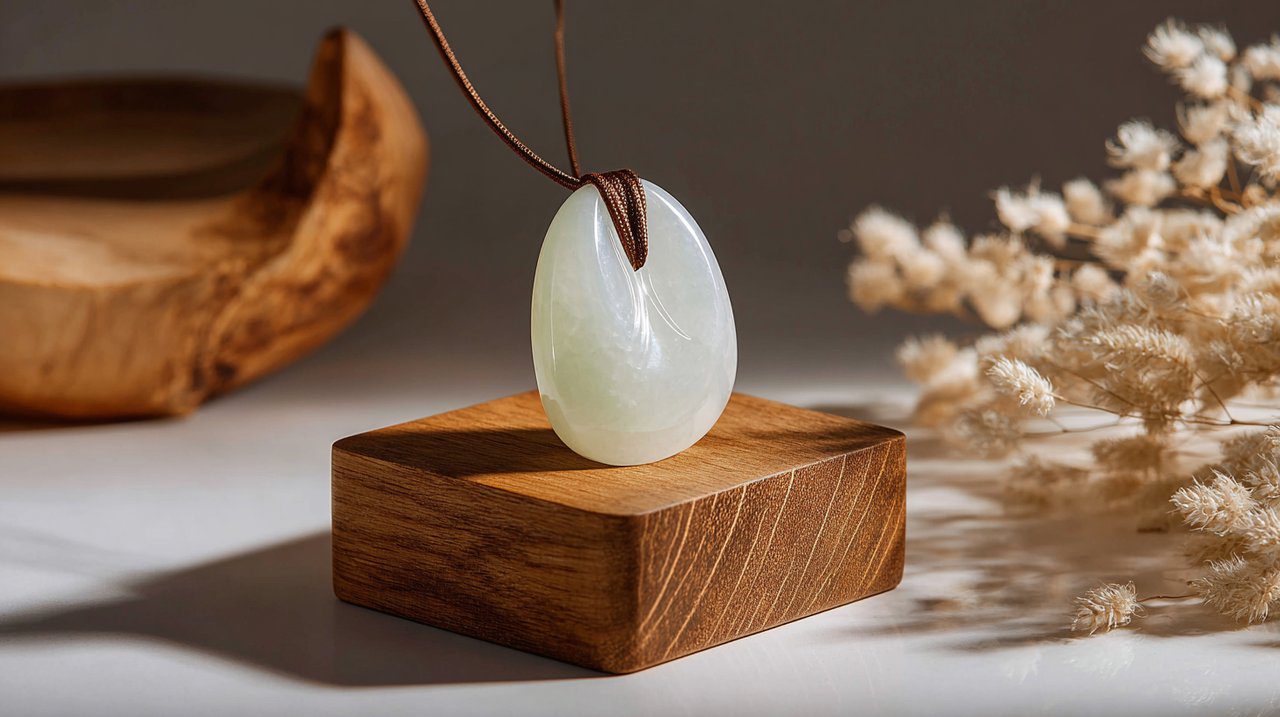
Space Diagnosis: Learning to Read Your Environment’s Energy
Observing Your Environment
The very first step in applying Feng Shui is simple: observation. Walk through your space as if you’re seeing it for the very first time. Notice how light enters, how easily you move, and what feelings different areas evoke. This is your personal energy audit. Pay close attention to common areas like entrances, hallways, and living spaces. Are they cluttered? Is the path clear? These physical attributes directly impact the flow of energy, and by extension, your own flow through life.
Common Energy Blockages
Just as a clogged pipe hinders water flow, certain conditions can block beneficial Qi. Clutter, poor lighting, stagnant air, or sharp angles can all impede this vital energy. Identifying these blockages is the key to unlocking your space’s full potential.
Overstuffed closets often represent hidden stagnation. Dark corners tend to accumulate heavy, unmoving energy. And blocked entrances can literally hinder new opportunities from entering your life. Addressing these physical impediments is often the initial, most impactful step in enhancing your environment’s energy and your own.
Practical Applications: Optimizing Your Home and Workspace
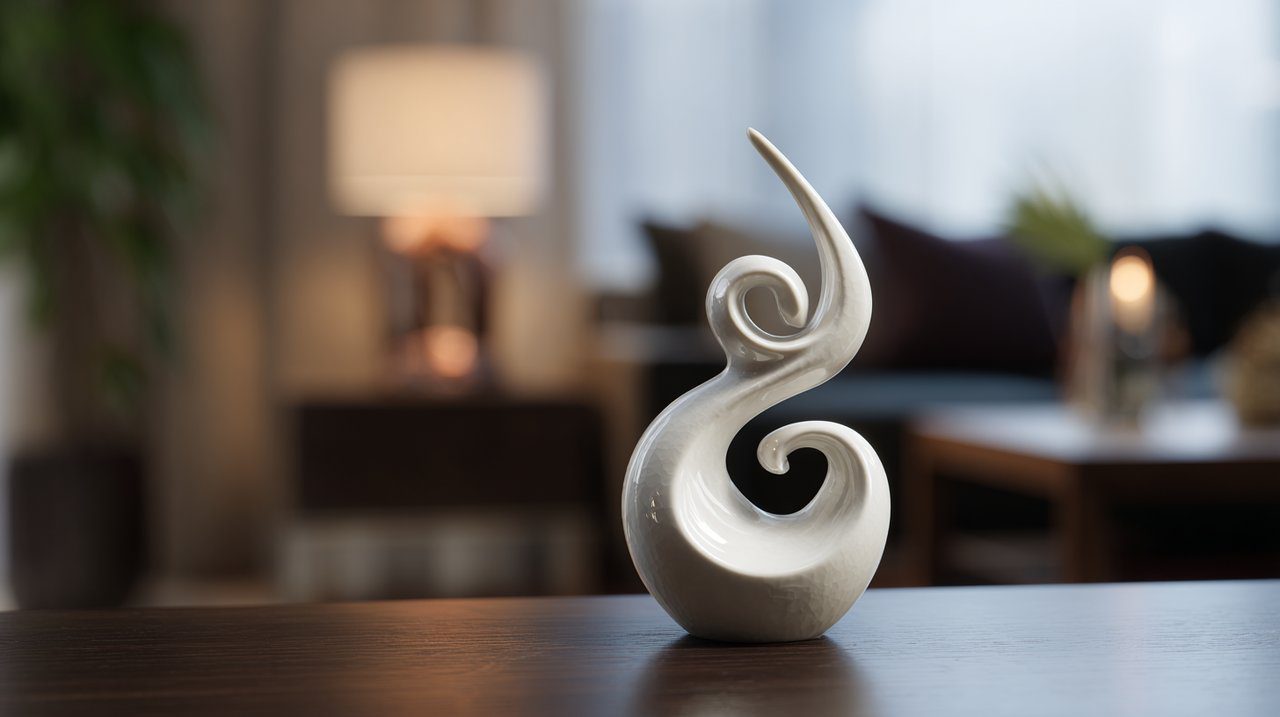
Living Spaces
For a truly harmonious living room, ensure your main seating has a solid wall behind it. This offers symbolic support and a sense of security. Try to avoid placing furniture with its back directly to the main entrance, which can create a subtle sense of vulnerability. Introduce natural elements like plants or fresh flowers. They bring vibrant Wood energy, symbolizing growth and vitality, while also purifying the air. These small changes make a big difference in how a room feels.
Work Environments
In your office, position your desk in what we call a ‘commanding position.’ This means facing the door but not being directly in line with it. This setup allows you to see opportunities approaching and avoid being startled, fostering a sense of control and authority. Most importantly, keep your workspace clutter-free. A clear desk promotes clear thinking and allows energy to flow freely, preventing mental stagnation and fostering productivity. It’s about creating mental space through physical order.
Bedrooms: A Sanctuary for Rest
For truly restful sleep, position your bed against a solid wall, away from windows or doors. This provides stability and security, supporting deep rest and rejuvenation. The goal is to create a sense of being protected and grounded. Minimize electronics in the bedroom. Their active Yang energy can disrupt the calm Yin environment needed for quality sleep. Instead, opt for soft lighting and calming colors to enhance relaxation. Your bedroom should be your ultimate sanctuary.
Daily Practice: Sustaining Harmonious Living
Regular Maintenance
Regular decluttering and cleaning are fundamental Feng Shui practices. They actively remove stagnant energy and create vital space for new opportunities to enter. Think of it as regularly refreshing your energetic ‘operating system.’ Make it a habit to open windows daily to allow fresh air to circulate. This brings in new Qi and dispels old, stale energy, invigorating your space and mind, much like the subtle energetic shifts created by harmonious sound elements in a space What Are Meditation Wind Chimes?.
Adapting to Change
As seasons change or your life goals evolve, your space may need adjustments to stay aligned. For instance, in winter, you might introduce warmer elements like candles (Fire) or soft blankets (Yin) to counteract the colder, more passive energy outside. This proactive approach keeps your environment aligned with your current needs and aspirations. Feng Shui is, at its core, a practical framework for understanding and optimizing your environment. By applying its principles, you’re not just decorating; you are intentionally shaping your energetic landscape to better support your life. So, where do you start? Identify just one area in your home or office that feels a bit stagnant. Then, make a single, actionable change based on what we’ve discussed today. Perhaps declutter a corner, adjust a piece of furniture, or introduce a new plant. Observe the shift. For those ready to delve deeper into specific applications or require personalized guidance, exploring professional Feng Shui consultations or specialized resources can provide tailored strategies for your unique space and goals. It’s a journey of discovery, and every small step makes a difference.
💡 Frequently Asked Questions
Feng Shui is an ancient Chinese art and science, literally meaning 'wind' and 'water', that functions as a logical system of environmental design. Its purpose is to optimize the flow of energy (Qi) within a space to create environments that support well-being and personal goals.
The core principles of Feng Shui are 'Qi' (the universal life force or energy), 'Yin-Yang' (two complementary, opposing forces that create balance), and the 'Five Elements' (Wood, Fire, Earth, Metal, and Water), which represent different qualities and are used to achieve energetic balance.
To start, observe your environment to understand its current energy flow. Identify and address common energy blockages like clutter, poor lighting, or stagnant air. Then, make practical adjustments such as optimizing furniture placement (e.g., a commanding position for a desk), introducing natural elements like plants, and ensuring regular decluttering.
Feng Shui is considered an ongoing dialogue with your environment, not a one-time fix. It requires consistent attention through regular maintenance like decluttering and cleaning, allowing fresh air to circulate, and adapting your space as seasons change or your life goals evolve to sustain harmony.

